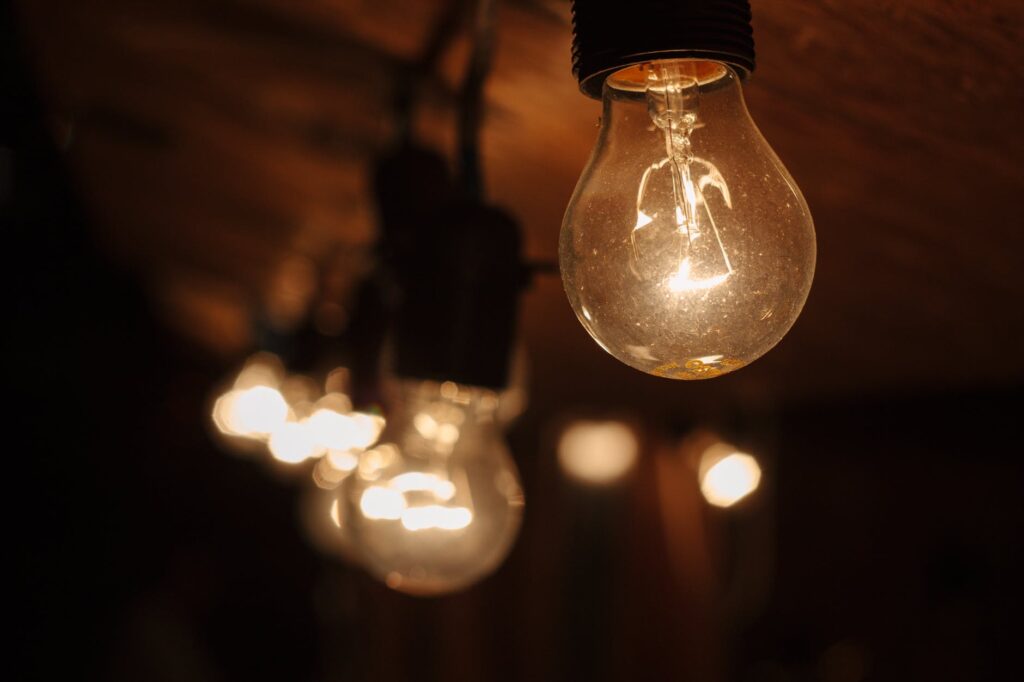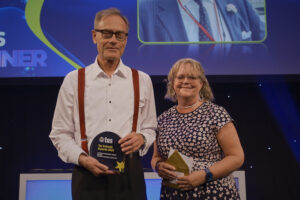Each day we start the day by walking into the bathroom and turning on the lights as we brush our teeth unaware that our everyday actions cause harm to people on the other side of the world. The average student at KES uses 12 tonnes of CO2 per year. Mike Berners-Lee in There is no Planet B attributes one death to every 150 tonnes of CO2 we release. By this logic, it means over a student’s time at KES from Shells to Sixths, the actions of two people may be attributable to the death of a person on the other side of the globe.
We are all therefore responsible for damaging our home on this planet. If we don’t act now, this damage will become irreversible. We should all therefore think about the effect this is having on future generations like your future children, grandchildren and great-grandchildren. We need to start living in a more sustainable manner. We each need to make small sacrifices and together we can bring about change and save the next generation of people. We all have a role to play in helping to reverse the damage done to our only home. This starts by rethinking our lives, specifically that which revolves around our energy usage.
For example, a 100-watt light bulb switched on for four hours each day over the course of a year will produce 125kg of CO2. By changing to a more efficient light bulb such ‘Compact Fluorescent Spirits’ (CFLs) which is 80% more efficient, you are reducing CO2 emissions by 100kg per annum. This is a simple action that we can all do which would have a great impact on our carbon footprint.
Furthermore, it is easy to forget about the sunlight that sits outside our window each day as we get consumed with our everyday work. Where possible, we must remember to utilise this light source instead of turning on our lights. Not only is this an easy way to reduce our carbon footprint; you also save money on your electricity bill and you receive health benefits from using natural light instead of the artificial light produced by bulbs.
Our boiling systems use an immense amount of energy each day to keep us warm but it is not necessary to have it on all the time especially during the day. Putting on a few extra layers can greatly reduce the carbon footprint. Many of the insulations within our houses can be very inefficient especially if our home is relatively outdated. Various systems such as double-glazed windows, draught-proofing floors and insulating our floors are just some of the ways to prevent heat loss. A more comprehensive guide can be found here. This is another great way to save some money on your monthly gas bill while also reducing your own carbon footprint.
Sustainable living must now come to the forefront of our mind. It is no longer a simple threat that we can dismiss. It is a serious threat with dire consequences and thus we must all take actions to address it and rectify the mistakes made by the generations before us. It is a time for change and together we can make an impact on the world!












